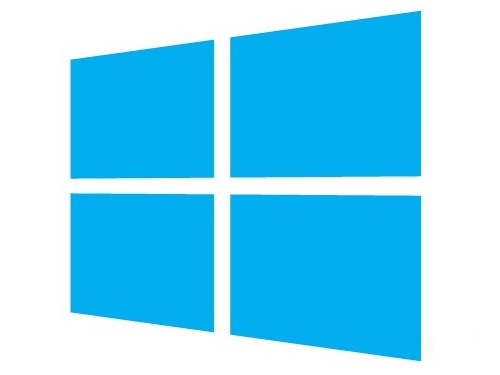Microsoft May Move Major Windows Updates to Spring
Microsoft may be switching to a Spring rollout next year.
ZDnet's Mary Jo Foley is now talking about what's next for Microsoft now that Windows 8.1 is out. Ignoring the Xbox One release, she and unnamed sources point to the next update for the Windows 8 platform in Spring 2014, aka Windows 8.1 GDR1, which will coincide with the "Blue" release of Windows Phone 8.1. So far, this schedule still seems to be on track.
She goes on to talk about speculation in the rumor mill about the next "Blue" release of Windows this time next year, as sources claim that this is "looking less and less likely." The Operating Systems Group, led by Terry Myerson, is supposedly rethinking their priorities, workflow and everything else related to Windows, Windows Phone and Xbox going forward.
Thus, because of this restructuring, the next big major release is rumored to be in Spring 2015. This release will supposedly bring the Windows and Windows Phone platforms closer together, and likely when the rumored unified storefront will make its debut, not in the spring of next year. Spring 2014 may actually bring a unified developer platform instead, giving app makers a full year to create unified solutions.
As for the whole Windows Phone and Windows RT merger, there's talk that these two will become one by Spring 2015. Because it's easier to create a smaller operating system and add features to it rather than the reverse, Windows Phone is believed to be the dominant OS in the merger. Pointing to this bit of news is the new 7 and 10 inch screen sizes being introduced in Windows Phone 8 GDR3 rolling out this quarter.
With all that said, Microsoft's schedule looks to be shifting from Fall to Spring starting next year. By 2015, the Redmond company may be merely referring to the platform as Windows is given the move to a single silicon interface. Of course, everything here is rumor, but so was Windows 8.1 for a long while, and now it's here.
Follow us @tomshardware, on Facebook and on Google+.
Get Tom's Hardware's best news and in-depth reviews, straight to your inbox.

Kevin Parrish has over a decade of experience as a writer, editor, and product tester. His work focused on computer hardware, networking equipment, smartphones, tablets, gaming consoles, and other internet-connected devices. His work has appeared in Tom's Hardware, Tom's Guide, Maximum PC, Digital Trends, Android Authority, How-To Geek, Lifewire, and others.
-
tpi2007 "Because it's easier to create a smaller operating system and add features to it rather than the reverse, Windows Phone is believed to be the dominant OS in the merger."Reply
I wonder how that will work out. There is the possibility of that leaving the current Windows RT powered devices even more in a no man's land. -
soccerplayer88 Brings up the question, what will Microsoft do for legacy owners of Windows RT?Reply -
jimmysmitty I can see this actually working well on PCs and Microsoft tablets. Mainly because Microsoft controls the updates and there is not as much fragmentation like Android has.Reply
If they work a way to do it with phones then it would be a good competitor to Android as the major downside to Android is fragmentation. -
SteelCity1981 How about announcing a service pack 2 for Windows 7. I mean since service pack 1 was released, Windows 7 has had at least 1,000 updates since then.Reply -
digiex "I wonder how that will work out. There is the possibility of that leaving the current Windows RT powered devices even more in a no man's land. "Reply
Expensive paper weight. -
jimmysmitty Reply11748952 said:How about announcing a service pack 2 for Windows 7. I mean since service pack 1 was released, Windows 7 has had at least 1,000 updates since then.
I am pretty sure MS announced they wont be doing a SP2 for 7 as it doesn't need it. XP needed SP2 and 3 and Vista needed at least SP1. All of them enhanced their OSes in good ways. 7 truly did not need SP1 and while a few of the updates were nice, 7 was already a very good OS.
